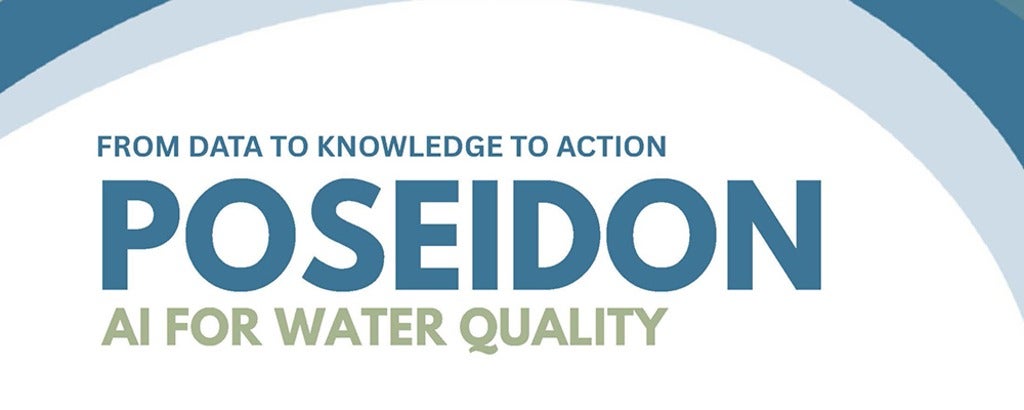Meet Nibi: Waterloo’s newest supercomputer supporting next-gen research
From modelling floods and droughts to managing watersheds and tracking climate change, today’s environmental challenges require faster, more powerful computing. Now, researchers at the University of Waterloo and across Canada have a new tool to help solve them: Nibi, Waterloo’s newest high-performance supercomputer.









